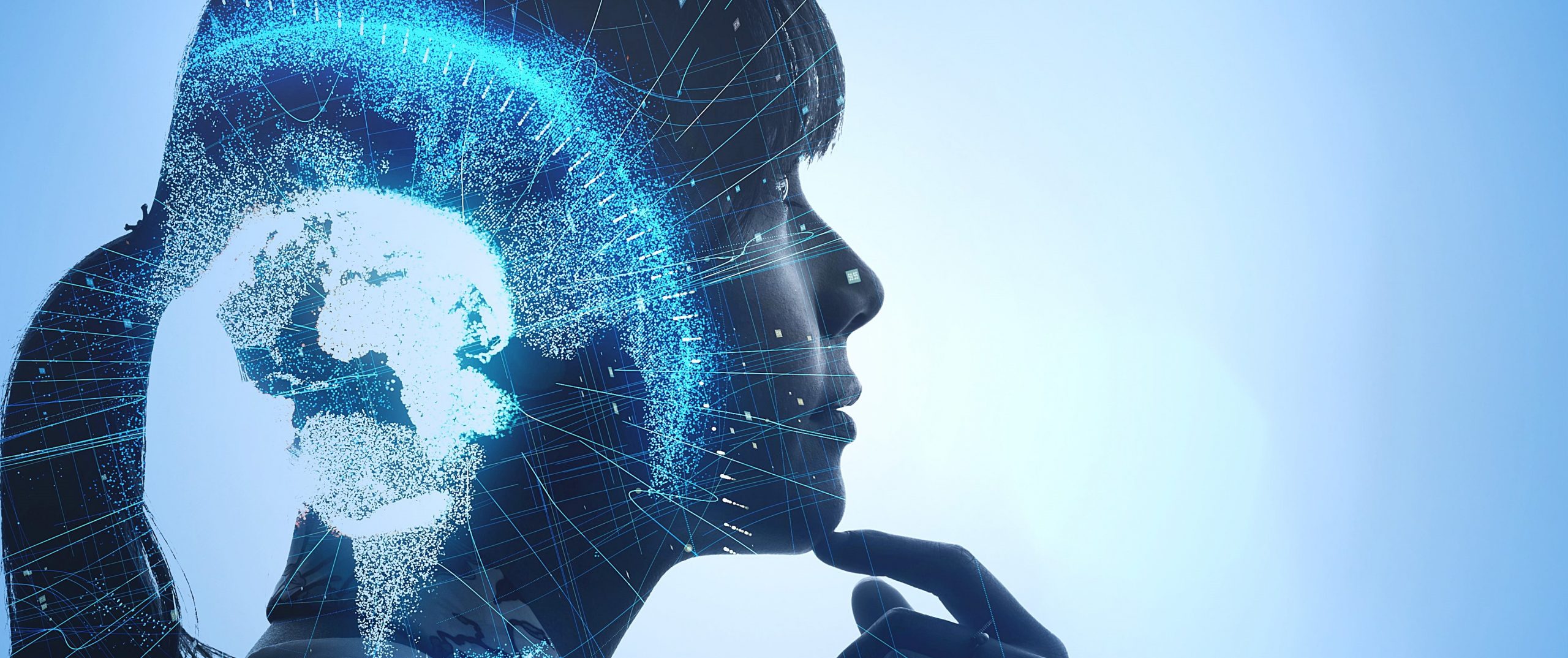Don’t Let Your Mindset Become a Barrier to Improvement

Have you ever started heading somewhere and accidentally started driving to work or home? After traveling to the same place hundreds of times, it is easy to end up on autopilot. This can happen with any routine that we get into because of how our minds are wired.
If you are on a transformation journey, it can be easy to unknowingly continue in well-worn paths and ways of thinking. It is difficult to change behaviors and line them up with the principles of Organizational Excellence when we have paths we are used to following. To behave differently involves gaining insight into your bias/mindset.
When we are aware of our bias/mindset, we have the opportunity to consider how this impacts our thinking, which then impacts how we act. If our goal is to change our behaviors, reflecting on our mindset is an important place to start because it allows us to understand where our thinking and actions are rooted.
It is hard work to practice new behaviors instead of reverting back to old patterns of thinking and acting. Below are a few strategies to help you reflect on your own mindsets:
- Think about a recent issue or challenge that has come up.
- Ask yourself, what was my reaction (the first thing that came to mind) in this situation?
- Ask a trusted colleague what they observed in your reaction to the situation.
- Define what your mindset was and determine how this lines up with the principles.
For example, let’s say that Maria had a challenging meeting during the week. A colleague who is less familiar with a process she manages asked a lot of questions and shared observations about the process.
Reflecting later, she sees that her reaction was initially frustration and a desire to move onto the next topic in the meeting.
Next, Maria sought out a colleague she knows and respects who was at the meeting and asked what they observed. This colleague shared that she didn’t seem interested in hearing the other colleague’s thoughts.
Maria defines her mindset as “someone who knows the process well is almost always in a better position to improve it than someone outside the process.” She reflects more on this and acknowledges that while she may understand the process better, she is committed to practicing leading with humility – which means that it’s vital for her to be open to other perspectives and not discount fresh eyes. With this awareness, Maria has the opportunity to adjust her behaviors and realize the types of situations that she can get off track.
What are ways that you can be intentional about increasing your awareness of your mindsets? If you’d like to learn more about this topic and how to better connect principles and behaviors in your organization, we are offering a virtual session of our workshop The Principles and Behaviors of Organizational Excellence.
Related Items
Becoming the Change by John Toussaint, MD, and Kim Barnas








Leave a Reply